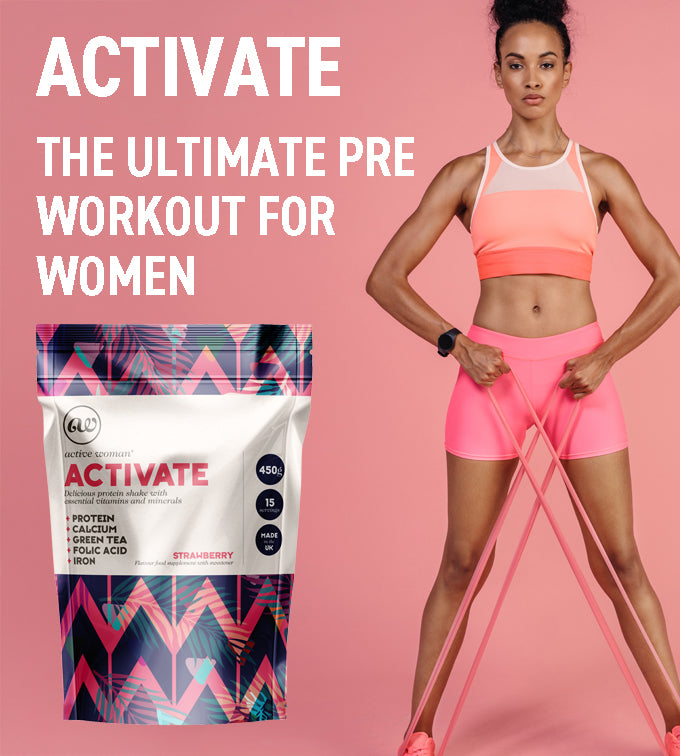Bio-Synergy as pioneers of creatine back in 1997 inspired by the research undertaken by Professor Paul Greenhaff, Rick Kreider, Roger Harris and Professor Ron Maughan we have developed many world firsts, including a two phase pack in capsules Creatine Plus, a blend with electrolytes, carbohydrates and glutamine, Creatine Boost and most recently an effervescent with electrolytes Creatine Boost.
The Most Misunderstood Supplement in Fitness
For decades, creatine has been one of the most studied—and most misunderstood—supplements in the fitness world.
Scroll through social media and you’ll find claims that it causes bloating, water retention, weight gain, or even hair loss.
Yet more than 500+ peer-reviewed studies say otherwise. Two recent large reviews — one from the Journal of the International Society of Sports Nutrition (2021) and another meta-analysis in Nutrients (2023) — have finally put many of these myths to rest.
Let’s break down the biggest misconceptions and what the evidence actually shows.
Myth #1: “Creatine makes you fat or bloated.”
The truth: It doesn’t — in fact, it may slightly reduce body-fat percentage.
A 2023 meta-analysis of 12 randomized trials (Candow et al.) found that adults under 50 who took creatine while doing resistance training:
- Did not gain any fat mass compared to those taking a placebo.
- Showed a small reduction in body-fat percentage (~1%), likely due to increases in lean muscle rather than fat gain.
That means the “bloat” many people fear is actually an improvement in body composition: more muscle, the same fat, and better performance.
Bottom line: Creatine doesn’t increase body fat — it helps you build muscle, which makes your body look and perform leaner.
Myth #2: “Creatine causes water retention and puffiness.”
The truth: Short-term, creatine can increase intramuscular water (inside your muscles), not under your skin.
The JISSN review found that any water increase occurs mainly inside muscle cells, where it supports hydration and growth. This is not the same as subcutaneous “water weight” that makes you look puffy.
In fact, long-term users don’t show higher total-body water compared to gains in lean tissue. That’s one reason elite athletes, from sprinters to swimmers, safely use creatine year-round.
Bottom line: Creatine improves muscle hydration not bloating. It helps your muscles hold more water inside the cell, where it drives strength and recovery.
Myth #3: “Creatine causes hair loss.”
The truth: There’s no solid evidence linking creatine to hair loss.
This myth started with a single 2009 rugby study showing a small, temporary rise in DHT (a testosterone metabolite). But dozens of later studies have not replicated this effect and none found actual hair loss.
Bottom line: If creatine really caused baldness, the entire gym would be full of shiny heads by now.
Myth #4: “Creatine damages your kidneys.”
The truth: It’s safe for healthy people.
Over 20 years of research show no harmful changes in kidney function from daily creatine use (3–5 g/day). The JISSN review called it “one of the most extensively studied and safest supplements available.”
People with pre-existing kidney conditions should still consult a doctor but for everyone else, creatine is safe.
Bottom line: If you’re healthy, creatine doesn’t strain your kidneys. It’s as safe as caffeine — with far better muscle benefits.
Myth #5: “You need to ‘load’ creatine to see results.”
The truth: Loading works faster, but isn’t required.
Traditional “loading” involves 20 g/day for a week, followed by 3–5 g/day maintenance. But research shows that a consistent 3–5 g daily achieves the same muscle saturation after about 3–4 weeks.
Bottom line: Loading can be more effective for faster results, but consistently taking a smaller dose with ultimately have the same benefits.
Myth #6: “Creatine is only for men or bodybuilders.”
The truth: Creatine benefits everyone women, older adults, even vegans.
Creatine supports muscle energy (ATP) production, which helps with strength, endurance, recovery, and even cognitive function.
Studies show benefits for both men and women, from elite athletes to older adults maintaining bone and brain health.
Bottom line: Creatine is not gender-specific or just for muscle size it’s for performance, health, and longevity.
In summary
- Creatine does not cause fat gain, dehydration, or hair loss.
- It supports strength, lean mass, and recovery safely.
- Regular use at 3–5 g/day is enough to see benefits within weeks.
If you want to train harder, recover faster, and perform better, creatine remains the gold-standard supplement backed by more science than any other ergogenic aid on the market.
References
- Antonio J et al. Common questions and misconceptions about creatine supplementation: what does the scientific evidence really show? JISSN 2021.
- Candow DG et al. Resistance Exercise and Creatine Supplementation on Fat Mass in Adults < 50 Years of Age: A Systematic Review and Meta-Analysis. Nutrients 2023.
- Listen to exclusive interview with Rick Kreider on The Make It Happen Mindset podcast.










